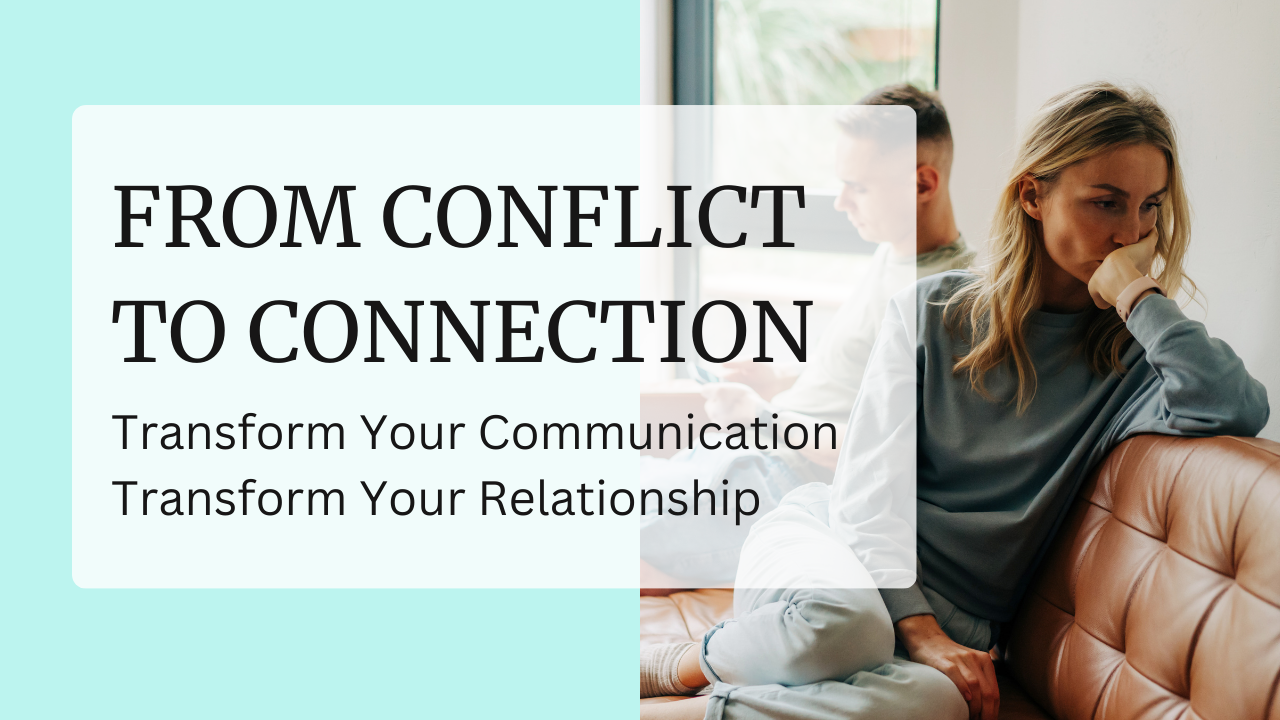38. How To Talk Politics With Your Partner and Keep The Peace In Your Relationship
How to Talk Politics with Your Partner and Keep the Peace
Hey, I'm Karyn, your couples therapist and relationship coach here at A Better Relationship Coaching!
Today, I want to tackle a topic that can stir up some intense emotions: talking politics with your partner. If political differences are creating tension between you and your partner, you’re far from alone. In fact, studies indicate that one in three couples experience conflict over political views. Just this week, I met with a couple struggling to find their way through conversations about political issues.
This is a common challenge, and with election seasons and current events always on the horizon, it's understandable that couples may face conflicts around their beliefs. But having different political views doesn’t mean you’re doomed to constant conflict! It’s completely possible to discuss politics with your partner while maintaining a healthy, loving, and peaceful relationship.
Why Are Political Discussions Challenging?
Political views often reflect our deepest values and life experiences, which is why they can become so charged in relationships. But these conversations can also be incredibly valuable. The key to successful discussions? Creating the right environment. Here’s how to do it!
Set Ground Rules
Like any meaningful conversation, political discussions benefit from a few simple ground rules. Agree with your partner to avoid personal attacks and name-calling (I feel like this goes without saying, and yet I feel like I need to say it), and make sure both of you are in the right mindset to talk. A quick check-in goes a long way: “Hey, I’ve got something I’d like to talk about. Is now a good time?” This can help you both approach the conversation calmly and respectfully.
Clarify Your Goals
Before diving into a political conversation, take a moment to think about what you want out of it. Sometimes, we unknowingly enter these discussions hoping to change our partner’s mind. If that’s the case, recognize that this might be setting you up for frustration. Instead, ask yourself what your goal is. Do you just need to vent? Let your partner know that up front: “I don’t need advice or feedback, I just want to get this off my chest.” On the flip side, if your partner is venting and you don’t agree, remember—you don’t have to say everything that pops into your head! It can be hard..., but do it anyway!
Connect With the Underlying Emotion
When your partner shares something political that’s bothering them, try to connect with the feelings behind their words instead of jumping into debate mode. For example, you could say something like, “I can tell this is really frustrating for you,” or “I’m sorry this is so upsetting.” Even if you don’t agree with their viewpoint, you can empathize with their emotions, because that is probably true! You may very well feel sorry that your partner feels so upset.
Keep It in Perspective
Remember, this is only one part of your relationship. Political differences don’t define your whole connection. Think about the other things you love about each other and keep these conversations in context. There are probably plenty of things you disagree on that don’t threaten your bond, so try to give politics the same weight.
Take Breaks When Needed
If you’re struggling to stay calm or find yourself getting heated, it’s okay to hit pause. A simple, “I need a break,” can keep the conversation from escalating. Take some time, cool off, and return when you’re ready to continue.
When to Seek Help
If communicating in general is challenging or if political conversations are causing ongoing tension, it’s okay to reach out for support. Communication is one of the top reasons couples seek help, and working with a professional can offer you both the tools to navigate these tricky conversations.
That’s it for this week! If you haven’t already, grab your free workbook, 7 Questions to Reconnect With Your Partner.
Until next time, take care of yourself and each other. Thanks for reading!



